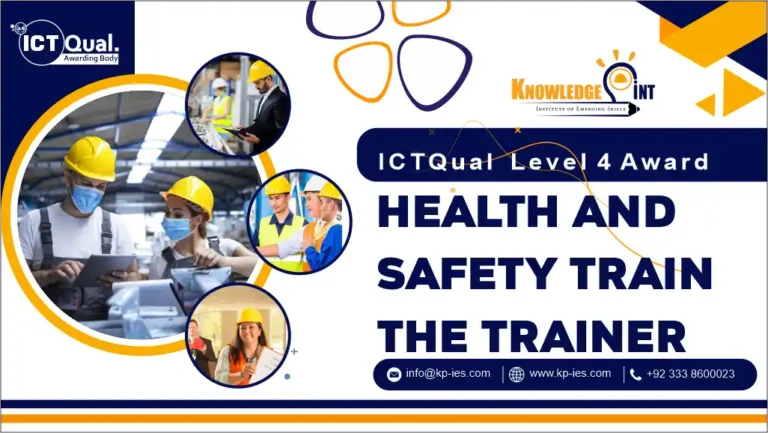ICTQual AB Level 6 International Diploma
Supply Chain Management & Logistics
Awarding Body
ICTQual AB
Credits
360 Credits
Course
Business & Management
study mode
Online Learning
Course overview
The ICTQual AB Level 6 International Diploma in Supply Chain Management & Logistics is designed for professionals and aspiring leaders seeking to develop advanced expertise in managing supply chains, logistics operations, and distribution networks. This qualification provides comprehensive knowledge of global supply chain systems, logistics strategies, and operational frameworks used in modern organisations. Learners gain a clear understanding of how effective supply chain planning, procurement, and logistics coordination support organisational efficiency, cost control, and competitive advantage in international markets.
Throughout the programme, participants develop advanced analytical, operational, and strategic management skills required to manage complex supply chain activities. Core areas of study include supply chain strategy, logistics and transportation management, procurement and sourcing, inventory control, demand forecasting, risk management, and performance optimisation. The course also emphasises sustainability, ethical sourcing, quality management, and the use of digital technologies in supply chain operations. Applied projects and real-world case studies enable learners to analyse operational challenges and implement practical, data-driven solutions.
This diploma is ideal for supply chain managers, logistics professionals, procurement officers, operations managers, and consultants working across diverse industries. Graduates are equipped to optimise supply chain performance, manage global logistics networks, and support strategic decision-making. The Level 6 International Diploma also offers progression routes to postgraduate studies, professional certifications, and senior roles in supply chain management, logistics, and operations worldwide.

Approved Training centre of ICTQual AB
Centre # : ATC24001

Entry Requirments
Entry Requirements for the ICTQual AB Level 6 International Diploma in Supply Chain Management & Logistics:
- Educational Qualifications:Applicants should hold a Level 5 qualification or equivalent in supply chain management, logistics, business, or a related field.
- Professional Experience:Relevant experience in supply chain, logistics, procurement, operations, or warehousing is recommended for successful progression.
- English Language Proficiency:Since the program is delivered in English, learners must show competence in reading, writing, and communication.
Course structure
The ICTQual AB Level 6 International Diploma in Supply Chain Management & Logistics in Personal Protective Equipment qualification consists of 36 mandatory units.






